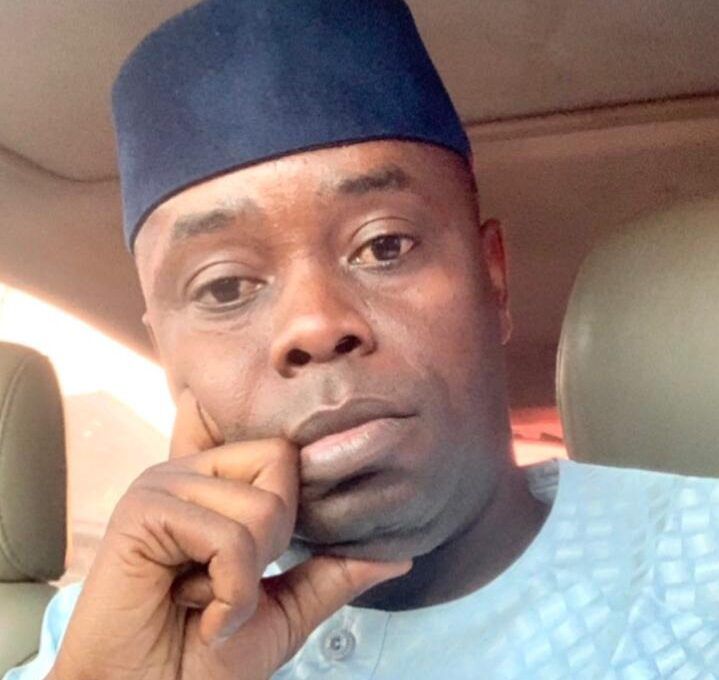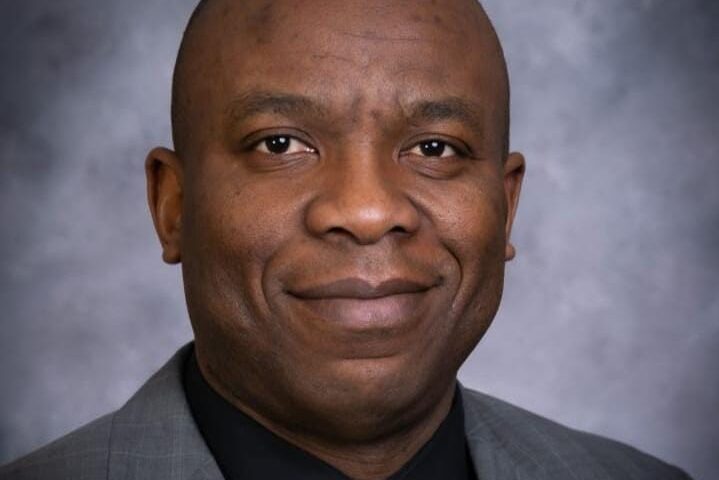By Zayyad I. Muhammad
Nigeria’s security agencies have achieved a remarkable breakthrough in the war against terrorism with the capture of two senior leaders of the Ansaru terrorist group, an Al-Qaeda-affiliated network notorious for orchestrating high-profile attacks and kidnappings across the country, particularly in Northern Nigeria.
The arrested leaders, Mahmud Muhammad Usman of Ansaru and Mahmud al-Nigeri of the Mahmuda faction, are both internationally wanted terrorists whose activities have destabilized communities and threatened regional peace. Their capture represents not just a symbolic victory, but a substantial disruption of terrorist command structures within the region.
This milestone has drawn widespread commendation from Nigerians and the international community alike. Special recognition has gone to the National Security Adviser, Mallam Nuhu Ribadu, for his leadership in coordinating the high-risk, intelligence-driven operations between May and July 2025 that made this success possible.
The operation involved sophisticated intelligence-sharing, inter-agency cooperation, and ground-level community collaboration, elements that reflect the growing professionalism of Nigeria’s counterterrorism strategy.
While this is an achievement worth celebrating, the question remains: what next? Should Nigeria rest on this success, or use it as a springboard for broader and deeper security reforms?
The arrests have underscored a critical truth: effective counterterrorism depends on three key pillars: intelligence gathering, the use of modern technology, and active participation by local communities. These are not one-off tools but continuous strategies that must be embedded into Nigeria’s national security framework. Going forward, the NSA and the security agencies must sustain the momentum and remain proactive.
Terrorist groups such as Ansaru, ISWAP, Mahmuda, Boko Haram, and organized bandit networks specializing in ransom kidnappings and rural attacks will inevitably attempt to restrategize. The likelihood of new leaders filling the vacuum left by these arrests is high, and with it comes the danger of retaliatory strikes.
Encouragingly, Nigeria’s international partners have acknowledged this achievement as a significant turning point. The United States government has approved a $346 million arms deal to strengthen Nigeria’s capacity to confront insurgency and criminal organizations. Beyond arms, this reflects a renewed confidence in Nigeria’s security leadership and provides an opportunity for deeper cooperation in intelligence, training, and technology transfer.
Despite this progress, Nigeria still faces a complex, multidimensional security challenge. From terrorist groups operating in the Northeast, to bandits and kidnappers terrorizing the Northwest and North Central, to separatist violence in the Southeast and oil theft in the Niger Delta, insecurity continues to manifest in diverse forms.
These challenges are interlinked and often fuel one another, meaning that victories in one area must be consolidated and expanded to prevent resurgence elsewhere.
The capture of these high-profile terrorist leaders is, therefore, not an end but a beginning. It represents both an opportunity and a test: an opportunity to further weaken terrorist networks, and a test of Nigeria’s ability to sustain, scale, and institutionalize success.
Mallam Nuhu Ribadu and Nigeria’s security agencies must continue to receive commendation, resources, and unwavering political support to consolidate on this achievement and advance toward lasting peace and security for all Nigerians.
Zayyad I. Muhammad writes from Abuja, zaymhd@yahoo.com, 08036070980

















